Electric Protection: A Deep Dive into the Nissan EV Battery Warranty for LEAF and ARIYA
Why Your EV Battery Warranty Matters
The battery is the single most expensive component in an electric vehicle. While EV batteries are designed for durability and longevity, like any complex piece of technology, issues can arise. These can range from manufacturing defects to significant capacity degradation over time. A strong warranty acts as your financial safety net, protecting you from potentially hefty replacement costs. It assures you that the manufacturer stands behind their product, giving you confidence in your investment. For many, the battery warranty is a make-or-break factor when choosing an EV, highlighting the importance of understanding its terms and conditions inside and out.Nissan's Standard EV Battery Coverage: The Foundation
Nissan, a pioneer in the mass-market EV space, provides a comprehensive warranty package for its electric vehicle batteries. For both the Nissan LEAF and the Nissan ARIYA, the standard battery warranty covers defects in materials or workmanship. This coverage typically extends for 8 years or 100,000 miles, whichever comes first. This means if your battery experiences a manufacturing fault or component failure that affects its functionality within this period, Nissan will repair or replace it at no cost to you. This fundamental protection is consistent across most EV manufacturers and is a crucial layer of assurance for owners.The Nissan LEAF's Unique Capacity Loss Warranty
The Nissan LEAF holds a special distinction in the EV market, especially concerning its battery warranty. Beyond the standard defect coverage, the LEAF specifically includes a warranty against capacity loss. For most LEAF models (specifically 2013 and newer, with slight variations by year and battery size), Nissan warrants the battery's capacity retention. If the battery capacity, as indicated by the vehicle's onboard gauge (often represented by bars on the dashboard), falls below 9 of the original 12 bars (or 70% of its original capacity) within 8 years or 100,000 miles, Nissan will repair or replace the battery. This specific clause is a direct response to early concerns about battery degradation and offers significant peace of mind to LEAF owners, acknowledging that some capacity loss is normal but protecting against excessive, premature degradation.Nissan ARIYA: A New Era, A Modern Warranty Approach
Stepping into the future, the Nissan ARIYA boasts an advanced liquid-cooled battery thermal management system, a significant upgrade from the LEAF's passive air-cooled system. This improved thermal management is designed to mitigate battery degradation more effectively, leading to potentially better long-term battery health. Consequently, the ARIYA's battery warranty largely focuses on the standard defect coverage: 8 years or 100,000 miles for defects in materials and workmanship. Unlike the LEAF, the ARIYA does not typically come with a specific 'capacity loss' clause that warrants a certain number of bars on the dashboard. This reflects the confidence Nissan has in the ARIYA's more robust battery technology and thermal management to maintain optimal capacity over its lifespan under normal operating conditions. Owners can still expect their battery to perform exceptionally well, backed by the standard warranty against defects.Understanding Battery Degradation and Nissan's Stance
Battery degradation is a natural process for all lithium-ion batteries over time and use. Factors like age, mileage, charging habits (especially frequent DC fast charging), and extreme temperatures can accelerate this. Nissan acknowledges this natural wear and tear. The LEAF's capacity warranty directly addresses this, providing a safety net for significant degradation beyond what's considered normal. For the ARIYA, while not having a specific capacity clause, the advanced battery management system is designed to minimize degradation, ensuring that the battery's health remains robust throughout its expected lifespan. Normal, gradual capacity loss that doesn't stem from a defect is generally not covered by the standard defect warranty for the ARIYA.What the Warranty Typically Doesn't Cover
It's equally important to understand what your Nissan EV battery warranty typically does not cover. Like most automotive warranties, it generally excludes damage caused by:- Accidents or collisions
- Misuse or abuse of the vehicle
- Unauthorized modifications or alterations to the battery system
- Improper maintenance or charging practices (e.g., using non-approved charging equipment)
- Environmental factors beyond normal operation (e.g., flood damage)
- Normal wear and tear or gradual capacity loss that falls within expected parameters for the ARIYA.
Always refer to your specific owner's manual and warranty booklet for the precise exclusions applicable to your vehicle model and year.
Making a Warranty Claim: The Process
Should you suspect an issue with your Nissan EV battery that you believe is covered under warranty, the process is straightforward. First, contact your authorized Nissan dealership. They have specialized diagnostic tools and trained technicians who can accurately assess your battery's health and determine if a warranty claim is warranted. Be prepared to provide your vehicle's VIN and details about the issue you're experiencing. The dealership will handle the necessary procedures with Nissan, including ordering parts and scheduling the repair or replacement, ensuring a smooth and hassle-free experience for you.Tips for Maximizing Your EV Battery Life
While your warranty provides excellent protection, proactive measures can help extend your EV battery's life and performance. Avoid routinely charging to 100% or letting the battery drop consistently below 20% when possible. Moderate charging habits, such as charging to 80-90% for daily driving, can be beneficial. Minimize frequent DC fast charging, especially in very hot weather. Keeping your EV parked in a shaded or temperature-controlled environment when not in use can also reduce stress on the battery. Following these best practices, coupled with Nissan's robust battery protection, ensures you get the most out of your LEAF or ARIYA for years to come.Conclusion
The Nissan LEAF and ARIYA represent different generations of EV technology, and their battery warranties reflect this evolution. While both offer a strong 8-year/100,000-mile standard defect warranty, the LEAF provides an additional capacity loss guarantee, a testament to Nissan's commitment to early EV adopters. The ARIYA, with its advanced thermal management, relies on its superior engineering to maintain battery health, backing it with the comprehensive defect warranty. Understanding these nuances is crucial for any Nissan EV owner or prospective buyer. Your battery warranty is more than just a piece of paper; it's a promise of reliability and a significant factor in the long-term value and enjoyment of your electric vehicle. Drive confidently, knowing Nissan has your electric protection covered.Where can I find my VIN?

Related Topics
- Don't Void Your Coverage: Common Mistakes That Can Cancel Your Mercedes-Benz Warranty
- Decoding the Cadillac Warranty: What You Need to Know Before You Buy
- Beyond the Basics: Essential Components Covered by the Infiniti Powertrain Warranty
- Protect Your Warranty: Essential Maintenance Tips to Avoid Voids on Your Mitsubishi

